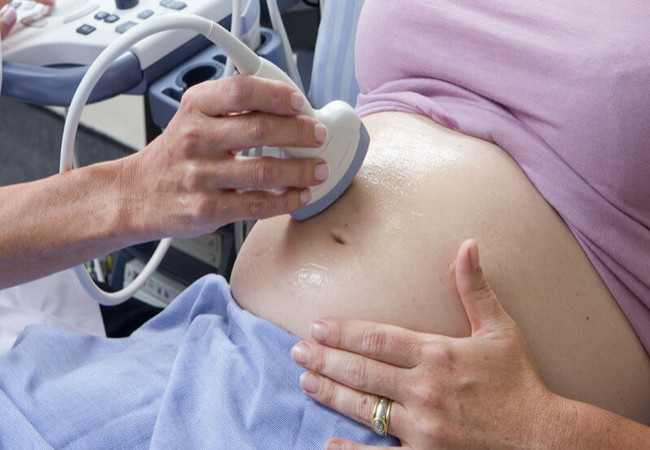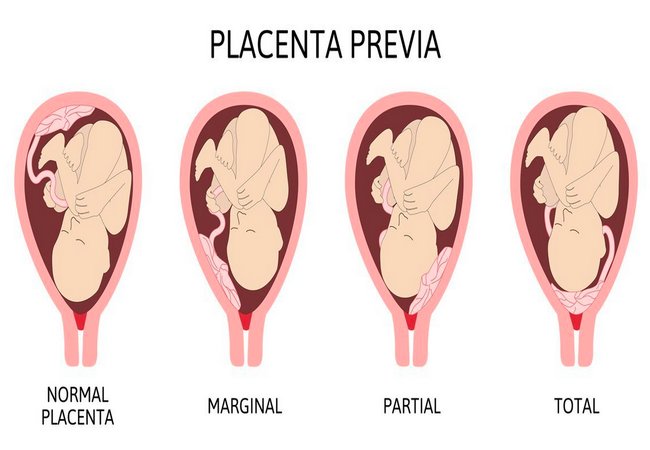Gestational Hypertension or Pregnancy Induced Hypertension (PIH):
Gestational hypertension or pregnancy induced hypertension (PIH) is defined as the hypertension that developed as a direct result of the gravid state for the first time in a previously normotensive patient. It is the development of new hypertension in a pregnant woman after 20 weeks gestation without the presence of protein in the urine or other signs of preeclampsia.

Component of Gestational Hypertension or Pregnancy Induced Hypertension (PIH):
It includes-
- Gestational hypertension,
- Eclampsia,
- Preeclampsia.
Predisposing Factors of PIH or Eclampsia or Preeclampsia:
It includes the following:
1. Primigravidae (young and elderly),
2. Family history of HTN, preeclampsia and eclampsia,
3. Genetic,
4. Immunologic phenomenon,
5. New paternity,
6. Polyhydramnios,
7. Preexisting vascular or renal disease,
8. Thrombophilias (anti-phosphoripid syndrome & protein C & S deficiency),
9. Placental abnormalities:
- Poor placental circulation: Decreased trophoblast invasion,
- Hyperplacentosis: Multiple pregnancies, Rh incompatibility, DM,
- Placental ischemia,
- Molar pregnancy.
Management of Gestational Hypertension or Pregnancy Induced Hypertension:
Clinical Features or Sign, Symptoms of Gestational Hypertensions:
- Blood pressure :>140/90 mm Hg,
- Mild to moderate headache,
- Pain in the eye,
- Palpitation,
- Altered sleep pattern.
Investigations of Gestational Hypertension:
- Bed side heat coagulation test (for urinary albumin),
- Urine R/S,
- Serum creatinine,
- USG to assess fetal condition,
- Liver function tests (to detect HELLP syndrome).
Treatment of Gestational Hypertension:
1. General measures:
- Adequate bed rest,
- Diet should be rich in protein,
- Fluid is restricted,
- Extra salt in the diet is forbidden.
2. Specific:
- Oral antihypertensive therapy: a-methyl dopa, Labetolol etc.
3. Close monitoring of the patient:
- Blood pressure should be checked regularly,
- Appearance of any type of severe headache,
- Bed side heat coagulation test daily /2-3 times a week or at least once weekly,
- Any oedema,
- Epigastric pain,
- Sleep pattern,
- Daily weight,
- Eye symptoms (dimness of vision or blindness),
- Urine output,
- Assessment of fetal well-being.
Complications of Gestational Hypertension/PIH:
1. Immediate complications:
a. Maternal:
During pregnancy:
- Eclampsia,
- Pre-eclampsia,
- Acute renal failure,
- Cardiac failure,
- Abruption placenta,
- Premature labour,
- HELLP syndrome,
- Dimness of vision.
During labour:
- Eclampsia,
- Postpartum haemorrhage,
- Shock.
During puerperium:
- Eclampsia,
- Puerperal sepsis,
- Shock.
b. Fetal complications:
- IUGR,
- IUD,
- Prematurity,
- Birth asphyxia.
2. Remote complications:
- Residual gestational hypertensions,
- Recurrent pre-eclampsia.
More questions related to this article:
- Define pregnancy induced hypertension (PIH).
- What is pregnancy induced hypertension?
- Define gestational hypertensions.
- Enumerate the predisposing factors of pregnancy induced hypertension (PIH).
- Write down the predisposing factors of eclampsia or preeclampsia.
- Write down the complications of gestational hypertensions.
- Write down the management of pregnancy induced hypertension.











